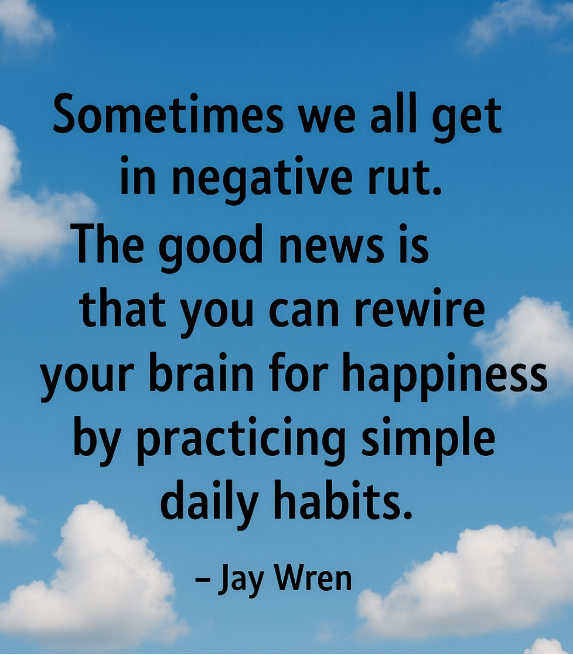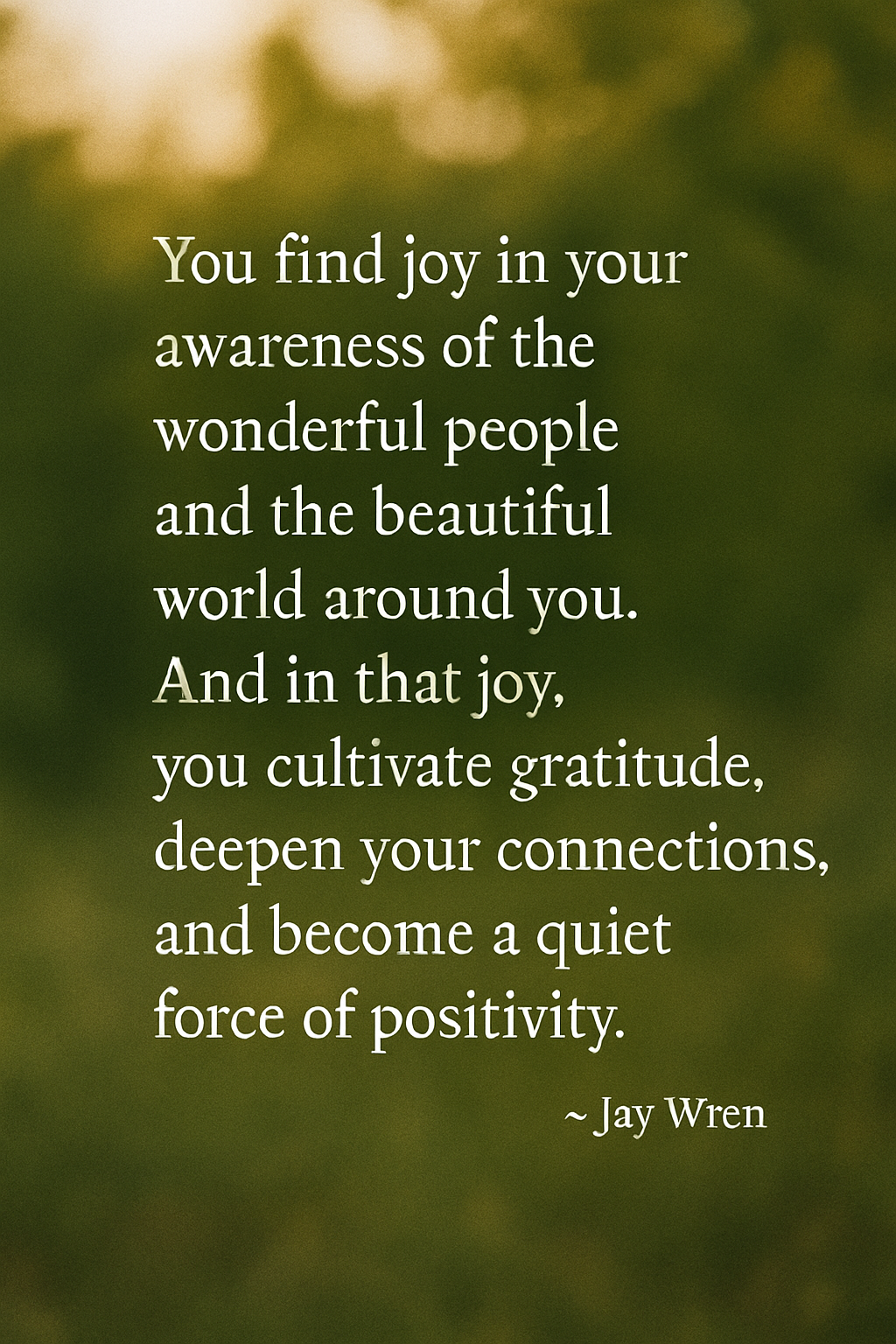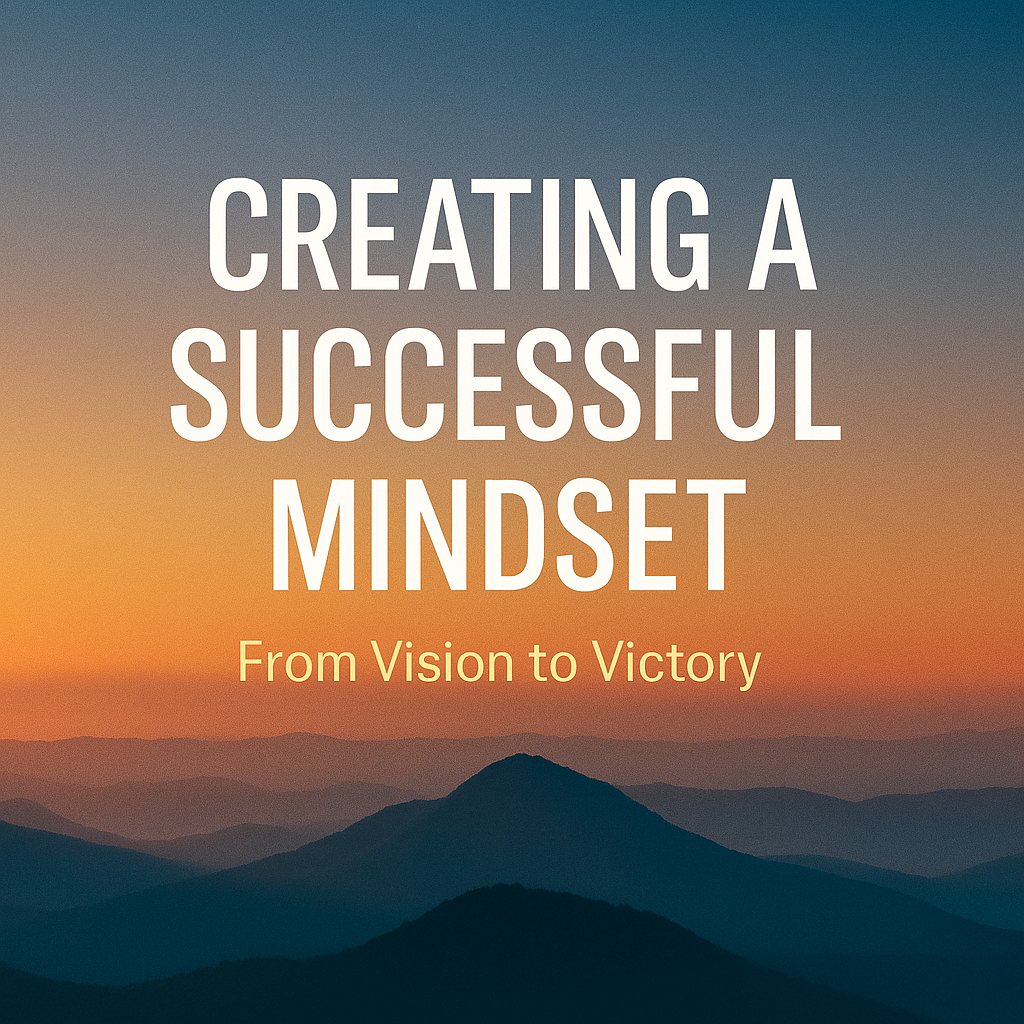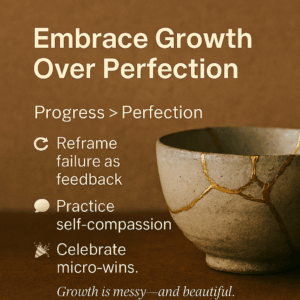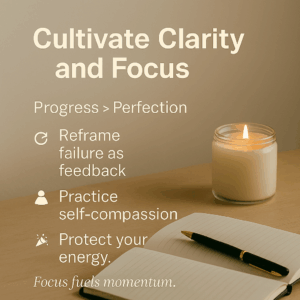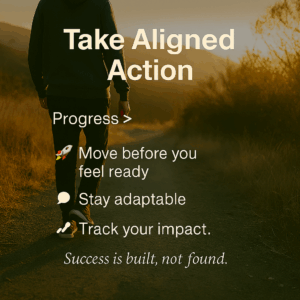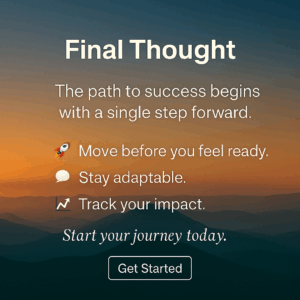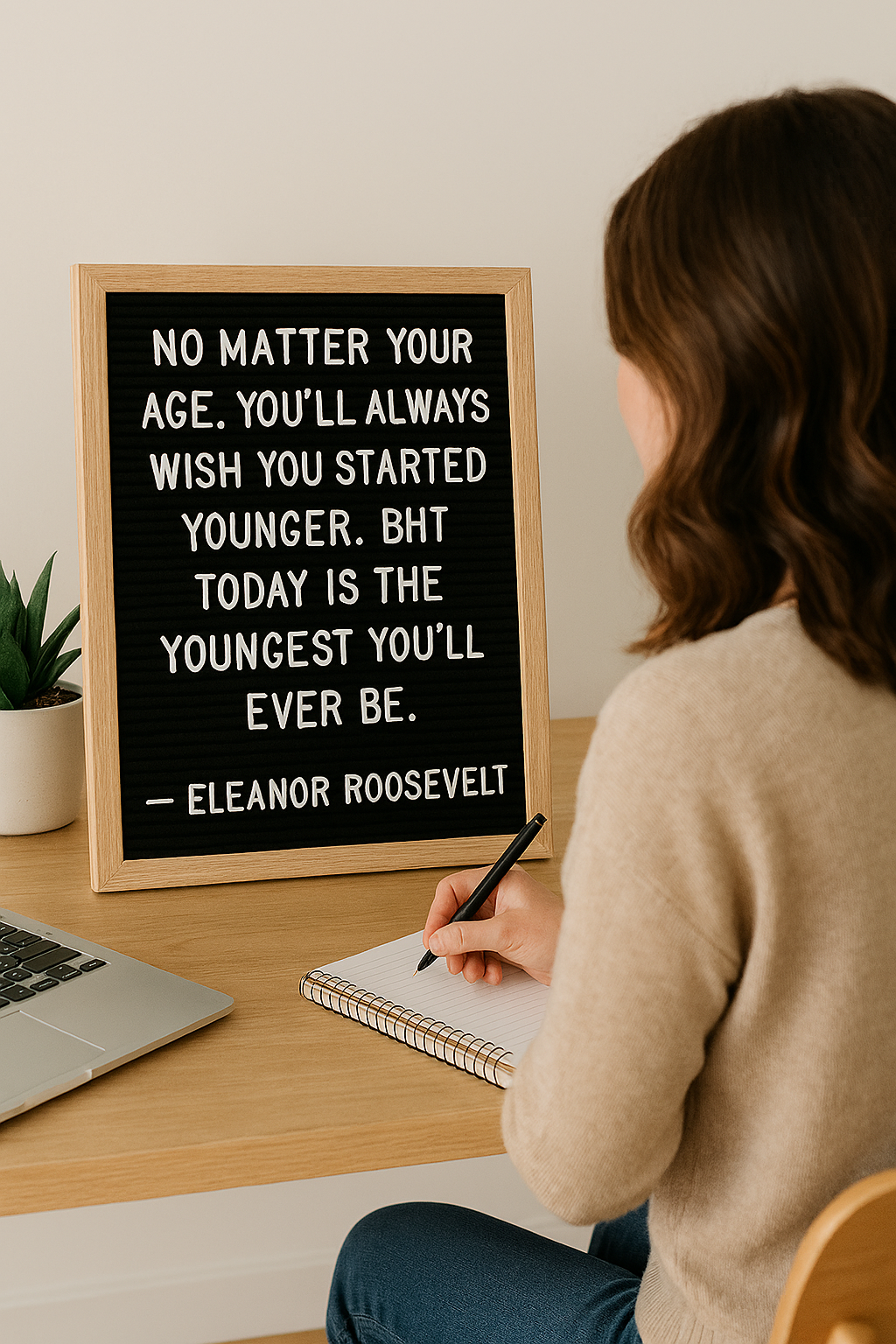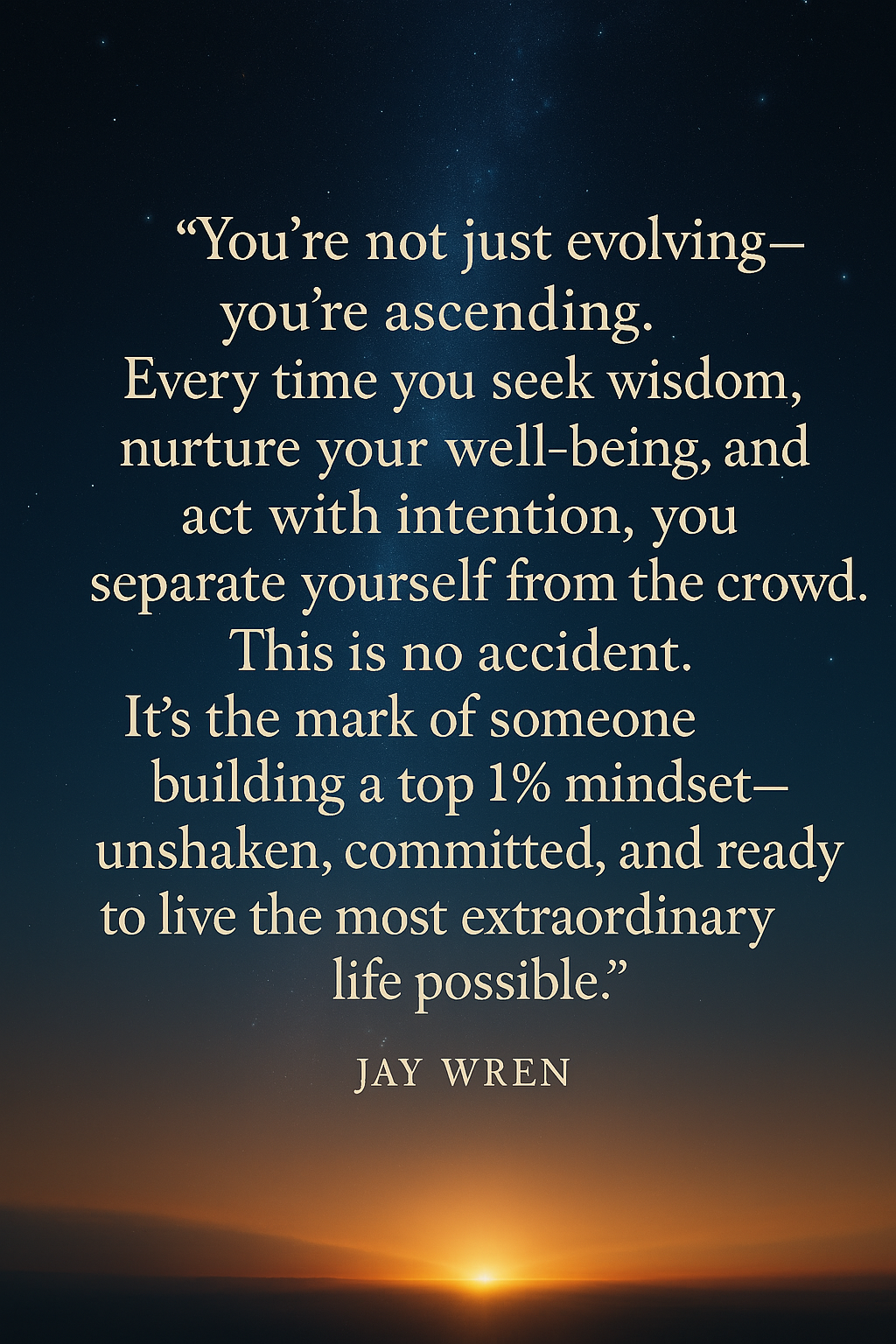We all chase happiness. It often feels like a fleeting emotion. There is a burst of joy here, and a moment of contentment there. What if lasting happiness wasn’t about luck? What if it didn’t depend on major life changes? Maybe it’s about the small, consistent actions you take every day.
Your habits, whether good or bad, create neural pathways. These pathways dictate your default thoughts. They influence your behaviors. Yes, they even affect your baseline level of happiness. The incredible news? You have the power to consciously choose and build habits that rewire your brain for greater, more enduring joy.
Here are 9 simple, science-backed ways to harness the “Habit Effect” and cultivate lasting happiness:
- Practice the 5-Minute Meditation
The Habit: Dedicate just five minutes each morning to quiet your mind.
The Rewire: Meditation isn’t about stopping your thoughts; it’s about seeing them without judgment. This practice strengthens the prefrontal cortex. This area of the brain is responsible for emotional regulation. It reduces reactivity to stress and increases overall calmness.
- The Gratitude Trigger
The Habit: Before you eat a meal, name one specific thing you are genuinely thankful for. Do the same before you turn out the lights at night.
The Rewire: Regularly practicing gratitude stimulates the production of dopamine and serotonin (the “feel-good” neurotransmitters). It forces your brain to focus on the positive aspects of your life. This shift changes your natural filter, moving it away from negativity bias.
- Move Your Body, Even Just a Little
The Habit: Find a way to get your heart rate up for at least 10 minutes a day. You can achieve this with a brisk walk. Dancing while doing chores or a quick set of push-ups works too.
The Rewire: Exercise is a powerful mood elevator. It releases endorphins, which have pain-relieving and happiness-inducing effects. Consistent movement also promotes neurogenesis (the creation of new neurons) in the hippocampus, an area critical for mood and memory.
- Implement a Digital Sunset
The Habit: Put away all screens (phone, tablet, TV) at least 60 minutes before you intend to sleep.
The Rewire: Blue light suppresses melatonin production, interfering with sleep quality. Poor sleep is directly linked to anxiety and depressed mood. By creating a digital sunset, you improve your rest, which stabilizes your mood and emotional resilience the next day.
- Place importance on “Meaningful Connection” Over “Casual Scrolling”
The Habit: Each day, start one conversation with someone you care about. Make sure it goes beyond surface-level pleasantries. This could be a phone call, a meaningful text, or an in-person chat.
The Rewire: Human connection activates the brain’s reward system. It releases oxytocin—the “bonding hormone.” This hormone counteracts the effects of cortisol (the stress hormone). Superficial digital interaction often leaves us feeling emptier; genuine connection is a powerful antidote.
- Master the “One-Thing Rule”
The Habit: Each morning, name the single most important task you need to complete that day, and do it first.
The Rewire: Completing a high-priority task early gives you an immediate shot of satisfaction and competence, fueled by dopamine. This builds momentum and reduces the low-grade anxiety caused by procrastination, enhancing your sense of control and accomplishment.
- Hydrate with Intention
The Habit: Drink a full glass of water at once upon waking up, before coffee or anything else.
The Rewire: Even mild dehydration can negatively affect mood, focus, and energy. Drinking water first thing in the morning rehydrates your brain. This sets a positive foundation for mental clarity. It also ensures emotional stability.
- Practice Mindful Consumption (of Media)
The Habit: When you sit down to watch, read, or listen to something, ask yourself: Is this empowering me? Is it informing me, or is it draining me? If it’s draining you, choose something else.
The Rewire: Your brain processes what you feed it. Consuming fear-based news, toxic social media, or overly violent content repeatedly increases anxiety and negative rumination. Choosing uplifting or educational media feeds your brain positive and constructive signals.
- Give the Gift of Time
The Habit: Commit to one small act of generosity or altruism each week. This could be volunteering 30 minutes, helping a neighbor, or just leaving a thoughtful note.
The Rewire: Acts of kindness trigger the “helper’s high.” This is a feeling of euphoria. It is often caused by the release of endorphins and oxytocin. Being generous shifts your focus outward, decreasing self-absorption and boosting your sense of purpose and meaning.
The Takeaway
Rewiring your brain for happiness is not a quick fix; it’s a marathon of micro-actions. Choose one of these nine habits to start with. Make it so small you can’t say no (the “5-minute rule” is perfect for this).
Consistency, not intensity, is the key to the Habit Effect. Every time you consciously choose a positive habit, you reinforce the neural pathway for happiness. This makes it easier for your brain to default to joy. Start small, be consistent, and watch your baseline happiness rise.
